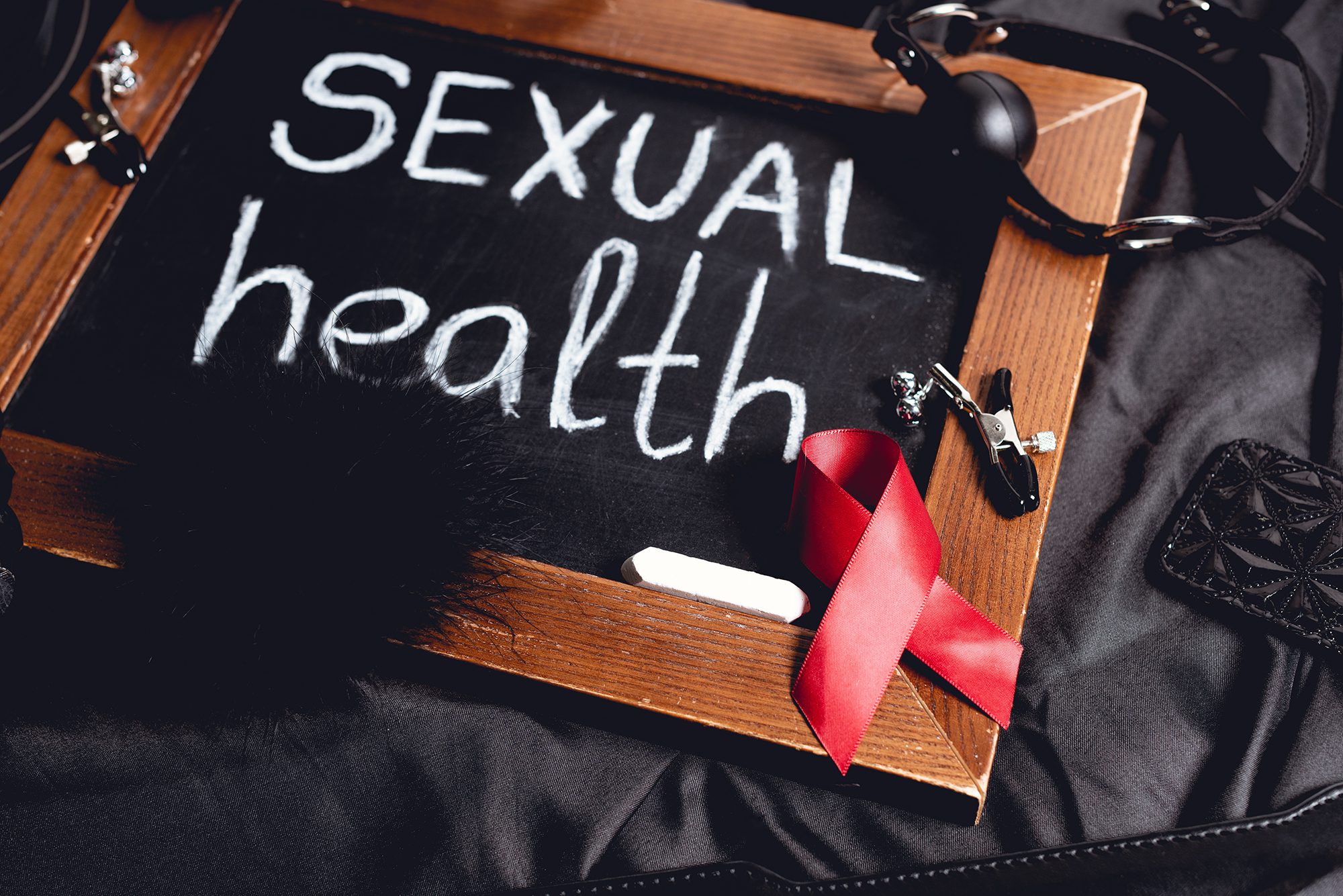The Connection between Sexual Health and Mental Well-being
When it comes to sexual health, many people focus on the physical aspect—safe sex, contraception, STIs, and sexual function. While these are all crucial components, sexual health is deeply intertwined with our mental and emotional well-being. In fact, the state of our mind can have a profound impact on our sexual experiences and health.
Sexual health isn’t just about physical ability; it’s about how we feel in our bodies, how we perceive our relationships, and how we manage the mental and emotional aspects of intimacy. Our psyche plays a pivotal role in shaping our sexual experiences, and understanding this connection can help improve our sexual health in ways that go beyond physical care.
The Impact of Mental Health on Sexual Function
Mental health and sexual health are more connected than many realize. Stress, anxiety, depression, trauma, and even self-esteem can significantly influence sexual performance, desire, and overall satisfaction.
Stress and Anxiety: Chronic stress and anxiety can make it difficult for the body to relax and enjoy sexual intimacy. Stress causes the release of cortisol, which can dampen sexual desire and arousal. Anxiety, particularly performance anxiety, can make it hard to be present during sex and lead to difficulties with arousal or orgasm.
Depression: Depression can diminish sexual desire and make it harder for individuals to feel motivated to engage in sexual activity. It can also lead to issues with arousal and satisfaction. The lack of interest in sex often stems from a loss of energy and emotional exhaustion that depression brings.
Body Image and Self-Esteem: Our sense of self-worth profoundly impacts how we engage in sexual relationships. Individuals who struggle with body image issues or low self-esteem may find it difficult to enjoy sex or feel desirable. These psychological barriers can create tension or discomfort during sexual experiences, even if there’s no physical issue.
Past Trauma: Unresolved trauma, including sexual abuse or negative experiences, can deeply affect one’s sexual health. Trauma can lead to physical reactions like vaginismus or erectile dysfunction, as well as psychological reactions like fear, trust issues, and a diminished desire for intimacy. Addressing trauma through therapy and support is vital to overcoming these barriers.
